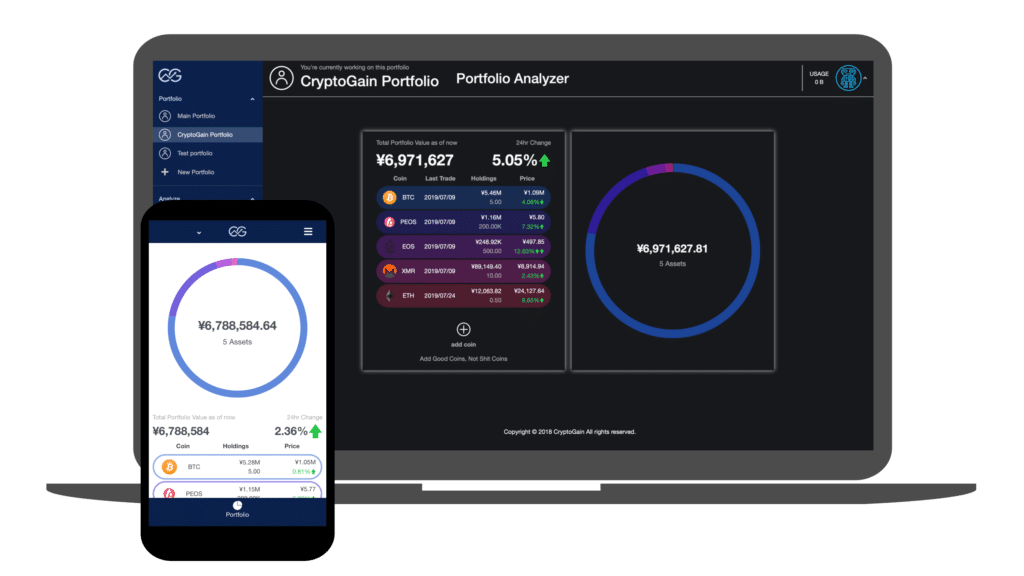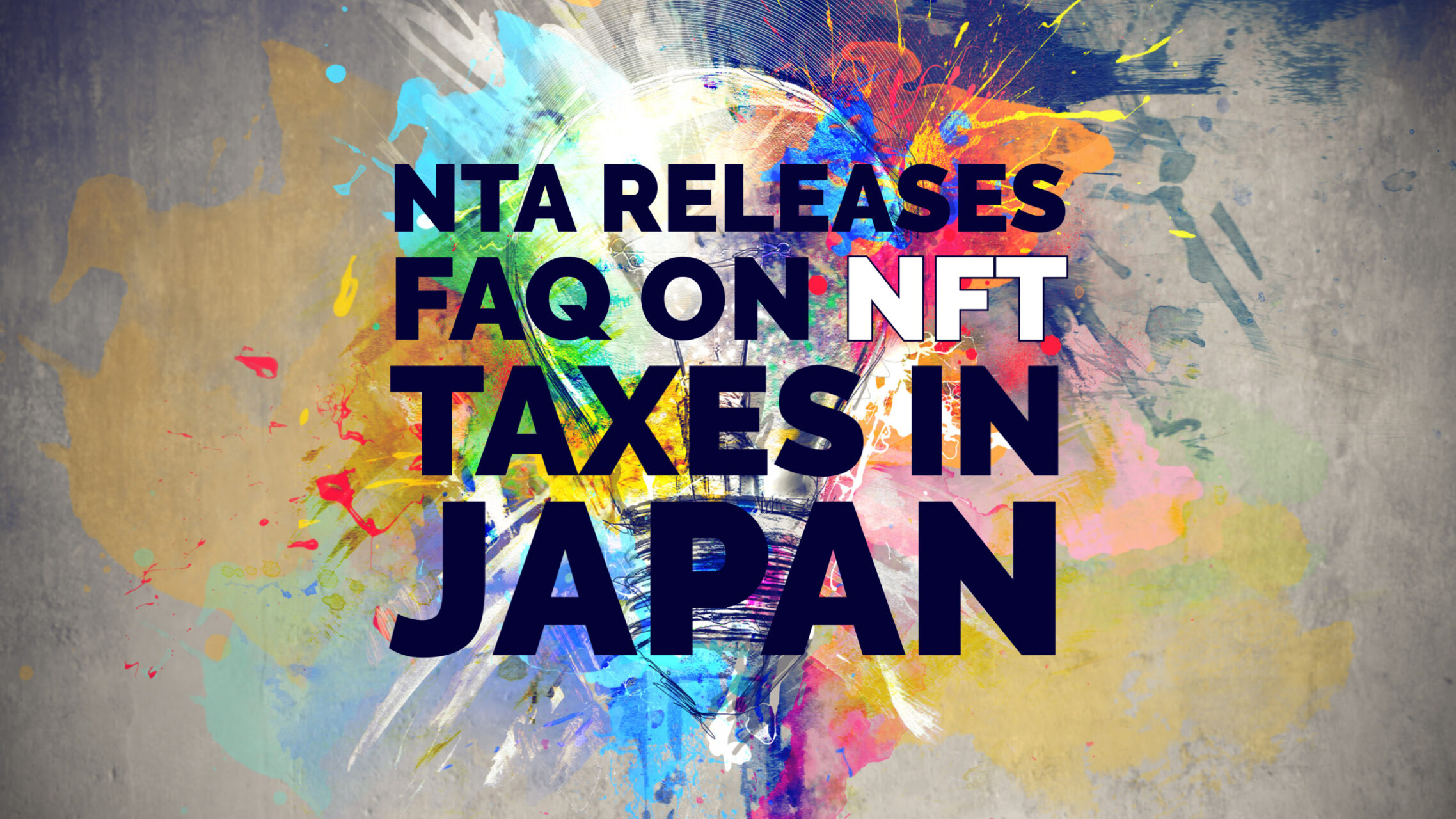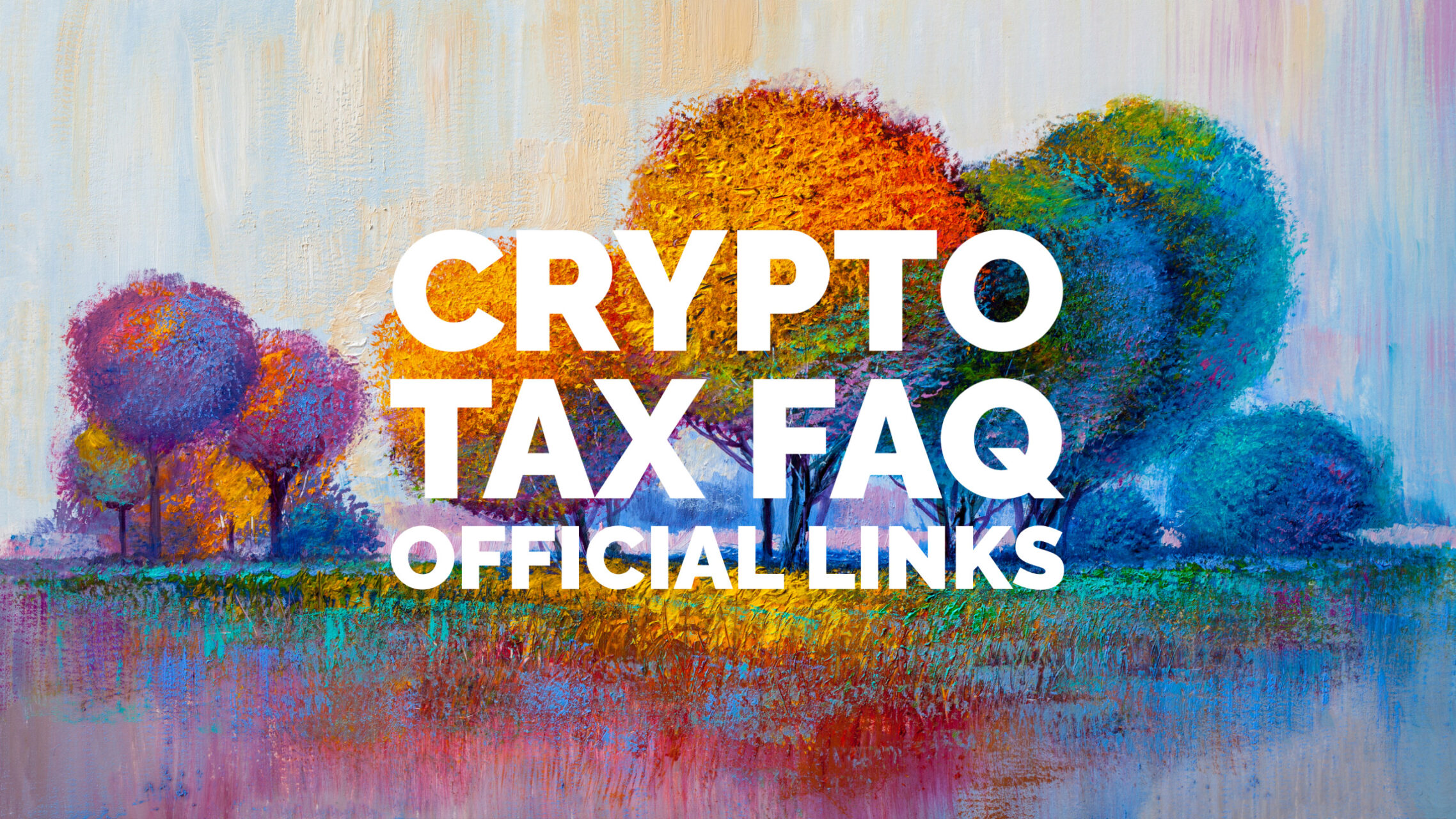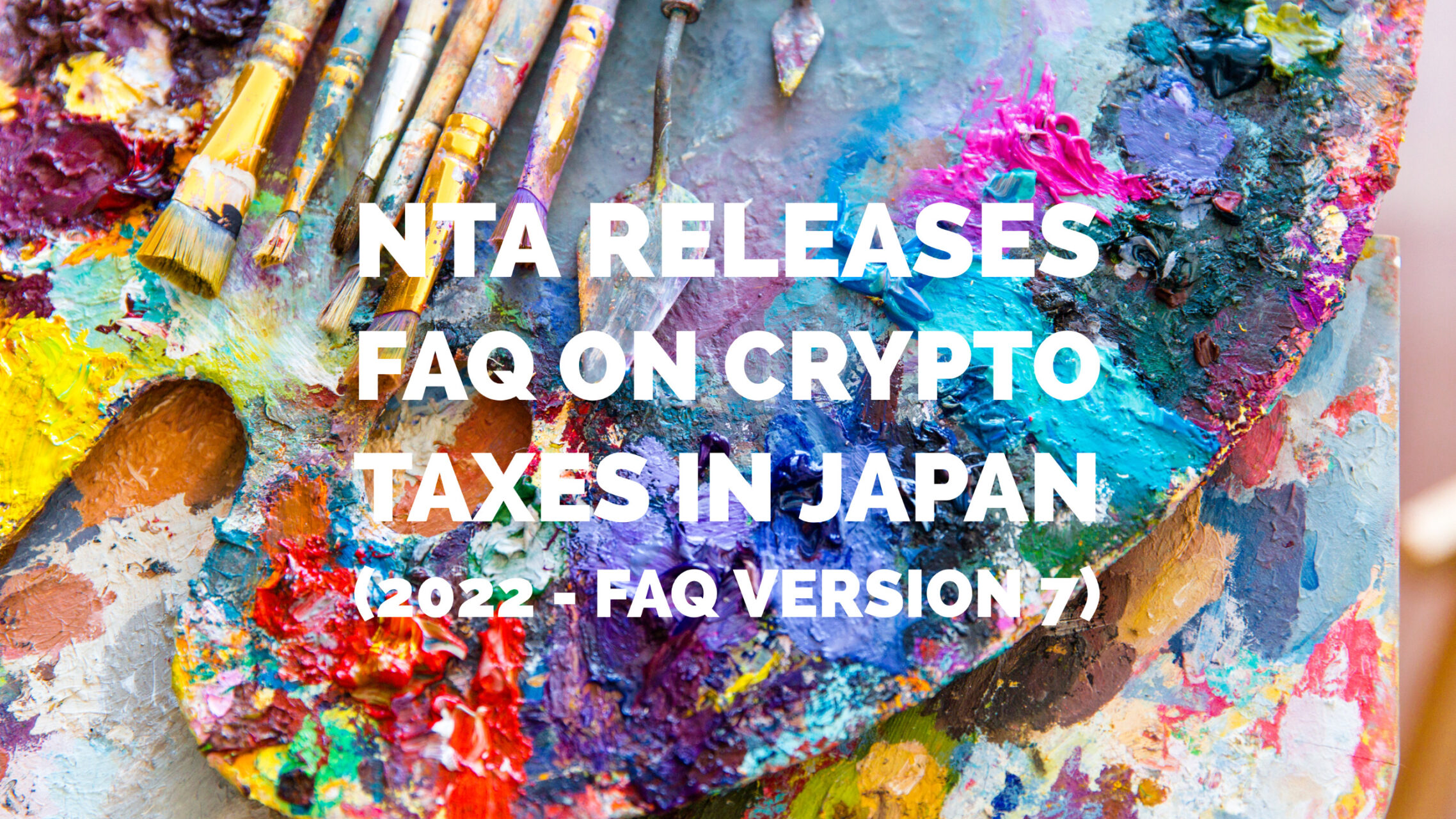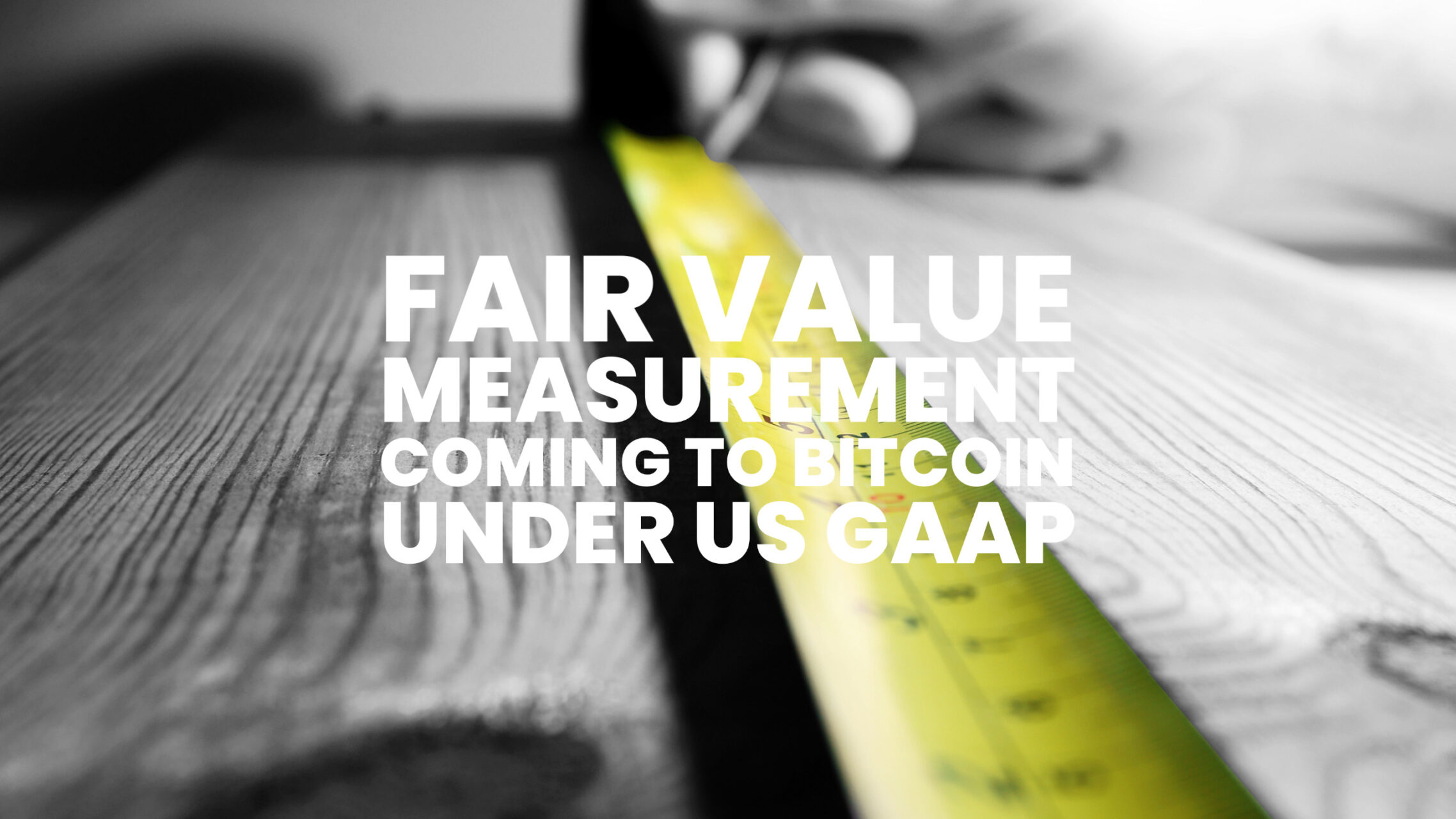New Crypto Regulation Coming: Make Room for the Financial Instruments and Exchange Act
We attended the 2019 Japan International Banking & Securities System Forum
The event was heavily focused on Cryptos, Blockchains and DLTs (Distributed Ledger Technologies).
This is apparent from the speakers and sponsors of the event.
One of the topics that was being discussed in a panel titled “Blockchain/DLT for Financial Trading” was implementing DLTs to perform the settlement of equity trades.
Under the current system, it takes three business days to settle trades of publicly listed stocks (T+3).
Traders from legacy institutions talking about how DLTs could achieve the long awaited dream of T+0, just goes to show that mass adoption of DLTs and blockchains are right around the corner.
Get ready for another round of changes in Japanese Crypto Regulations
There were some interesting talks on the proposed legislations that will be submitted to the Parliament for deliberations this year.
The following points caught my attention:
- Market manipulation and pumps and dumps will be regulated
- Insider trading regulation will not be included in the legislation for now, as it is unclear at the moment, how it will be enforced
- Custodians are also subject to hacking risks and therefore will need to register with the FSA (Financial Services Agency) as a Virtual Currency Exchanger
- Crypto derivatives (FX/Margin trading) will be regulated under the Financial Instruments and Exchange Act
- ICOs will be divided into two types: those that have components of a security and does that do not
- “Those that have a security component” will be regulated under the Financial Instruments and Exchange Act and will be treated as a type of security
- “Those that do not have a security component” will continue to be treated as crypto assets under the current regulation (Payments Services Act)
If crypto derivatives end up falling under the Financial Instruments and Exchange Act, this will pave the road (by clarifying the rules) for financial instruments such as options and swaps with crypto as the underlying.
Dividing ICOs into two buckets, securities and non-securities, is similar to the approach the United States is taking with the Howey Test.
This will also open up the possibility for companies and projects that want to raise funds from the public to do so by using cryptos as an optional method.
What does this mean for crypto exchanges?
Exchanges will need to comply with different regulations depending on the services that they are providing to its customers.
Legal compliance will continue to be the challenge for most of the exchanges that decide to operate in Japan.
The Payment Services Act was originally designed so that startups could also register as a Virtual Currency Exchanger.
The objective of course, was to spur innovation and competition.
It is ironic that in just two years after the law was put into effect, the industry has become so regulation heavy that only companies with a hefty war chest have a decent shot at entering the exchange business.



